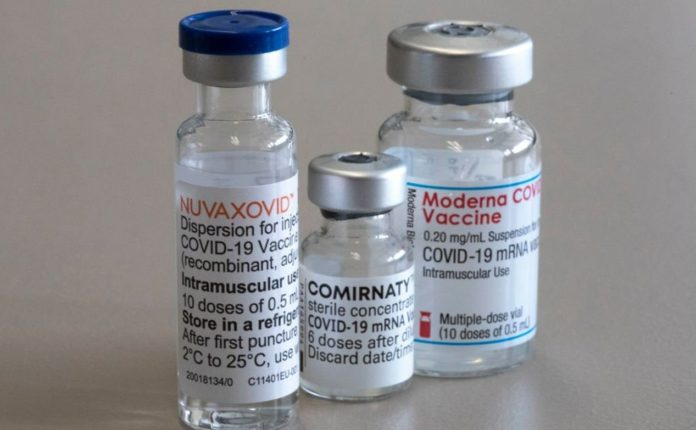A new study uncovers what could compromise COVID-19 vaccine-induced antibody responses.
Obesity has long been associated with COVID-19 infection. According to a new study, extremely obese people may have a considerably lower immunological response to COVID-19 vaccines than people of normal weight.
Obesity complicates the course of COVID-19, and in adults with obesity, the SARS-CoV-2 vaccination antibody response may be hampered.
According to experts from Istanbul University in Turkey, vaccines against influenza, hepatitis B, and rabies have showed lower reactions in obese adults.
People with severe obesity (BMI of more than 40kg/m2) who were vaccinated with Pfizer’s mRNA vaccine generated significantly more antibodies than those who were immunised with China’s CoronaVac (inactivated SARS-CoV-2) vaccine, according to findings presented at this year’s European Congress on Obesity (ECO) in the Netherlands. According to the researchers, the Pfizer/BioNTech vaccine may be a superior option for this sensitive demographic.
Between August and November 2021, researchers studied antibody responses following Pfizer/BioNTech and CoronaVac vaccination in 124 persons (average age 42-63 years) with severe obesity.
A control group of 166 normal-weight people (BMI less than 25kg/m2, average age 39-47 years) was also recruited.
In total, 130 people were given two Pfizer/BioNTech doses and 160 people were given two CoronaVac doses, with 70 of them having previously been infected with SARS-CoV-2.
Patients with significant obesity showed antibody levels more than three times lower than normal-weight controls in those without previous COVID-19 infection and vaccinated with Pfizer/BioNTech.
Patients with significant obesity showed antibody levels 27 times lower than normal-weight controls in subjects with no prior COVID-19 infection and CoronaVac vaccination.
Interestingly, antibody levels in those vaccinated with Pfizer/BioNTech were much greater than those vaccinated with CoronaVac in individuals with severe obesity, both with and without prior SARS-CoV-2 infection.
“These results provide new information on the antibody response to SARS-CoV-2 vaccines in people with severe obesity and reinforce the importance of prioritising and increasing vaccine uptake in this vulnerable group,” says Professor Volkan Demirhan Yumuk from the varsity.
“Our study confirms that immune memory induced by prior infection alters the way in which people respond to vaccination and indicates that two doses of Pfizer/BioNTech vaccine may generate significantly more antibodies than CoronaVac in people with severe obesity, regardless of infection history,” Yumuk adds.
However, he emphasized the importance of more research to see if these increased antibody levels provide better protection against COVID-19.
Image Credit: Getty
You were reading: What reduces COVID-19 vaccines’ efficacy the most? Study reveals
